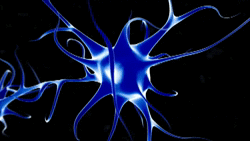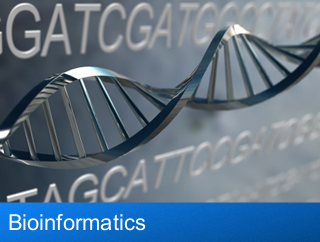Content
While heredity and genetics are closely linked words, they can mean different things from a medical perspective. With hereditary diseases, the illness stems from the parents’ DNA. Genetic diseases, on the other hand, are illnesses that are caused by mutations in the person’s DNA.

Several notable studies have been conducted to answer this question. At Family First Intervention, we have worked hard to educate families on alcoholism and recovery from alcohol addiction. We have decades of experience in helping families take the difficult yet necessary first steps toward alcohol recovery. Any use of alcohol is not recommended if an underlying mental health condition is present, and overuse of alcohol should be considered a huge warning flag for the development of progressive alcoholism.
Delay Drinking
The School of Medicine is a leader in medical research, teaching and patient care, ranking among the top 10 medical schools in the nation by U.S. Through its affiliations with Barnes-Jewish and St. Louis Children’s hospitals, the School of Medicine is linked to BJC HealthCare. The sensitive mice tend to lose their inhibitions and pass out rather quickly, earning them the nickname “long sleepers.” “Short sleepers” are mice that are genetically less sensitive to alcohol. They seem to lose fewer inhibitions and tolerate alcohol for longer before they pass out. If you or someone you know is currently struggling with alcohol problems, contact us right away for professional support and assistance to get you onto a healthier path.

Genes can also play a role in the type of treatment we need to overcome alcoholism. Understanding this better can help someone get the type of treatment they need to overcome alcoholism. Frequent exposure to alcohol and other substances can increase the risk of addiction. In particular, early exposure can heighten the risk of gaining a physical dependency on alcohol, especially in a familial setting. However, scientists also argue that genetics play a significant role in the risk of developing alcoholism and the likelihood of hereditary effects.
Is a Person Born with Alcoholism?
First and perhaps foremost, most studies of
alcohol-related phenotypes have been small – hundreds or a few thousand
samples. Most robust associations that have been reported in common disease have
employed tens of thousands of samples and are now beginning to combine several
studies of these magnitude into even larger meta analyses. The alcohol research
community has begun to form larger consortia for meta-analyses and it is anticipated
that with the resulting increase in sample size the number of robust associations
will increase. A second approach that will likely benefit the alcohol research
community will be greater examination of pathways or gene sets. These approaches
have been quite fruitful for some studies and need to be employed in analyses of
alcohol-related traits and phenotypes. Over the next few years, we anticipate the
identification of additional common and rare variants contributing to the risk of
alcohol dependence.
What can lead to alcoholism?
- Steady drinking over time.
- Starting at an early age.
- Family history.
- Depression and other mental health problems.
- History of trauma.
- Having bariatric surgery.
- Social and cultural factors.
In the future, there may be genetic therapies that help people control how much alcohol they consume; for now, behavioral therapies have proven very effective at managing these chronic health conditions. The NIDA study found that the genes involved in alcohol abuse were concentrated in 51 chromosomal areas in the body. The genes involved are players in a variety of basic body function, such as cell-to-cell communications, the control of protein synthesis, cell-to-cell interactions, and regulation development. It may be that dysregulation in these areas makes a person vulnerable to alcohol or other drug abuse. That fact that the dysregulation or problems can be encoded in the genes means that parents can pass these genes on to their children who in turn pass them on to their children, and so on.
Risk of Developing Addiction via Genetics
People with fraught relationships and financial stress tend to drink more than people without these issues. If you opt into our newsletter, we promise to respect your privacy. Sign up to get info about the science behind addiction, the latest trends in addiction treatment, mental health awareness, inspirational recovery https://curiousmindmagazine.com/selecting-the-most-suitable-sober-house-for-addiction-recovery/ stories, and much more. Keep track of your daily basis, ask yourself – are my drinking habits safe or risky? It’s tricky to spot the difference between alcohol addiction and having a drink every once in awhile. ‘Harmful drinking’ happens when there is a pattern of drinking which can cause damage to your health.
- Alcohol tolerance is largely determined by a person’s genes and is known as “alcohol dependence syndrome” or ADS.
- There’s also a belief that mental health disorders can contribute to substance use disorders.
- Our genes contain all the instructions necessary to make proteins, the building blocks of life.











